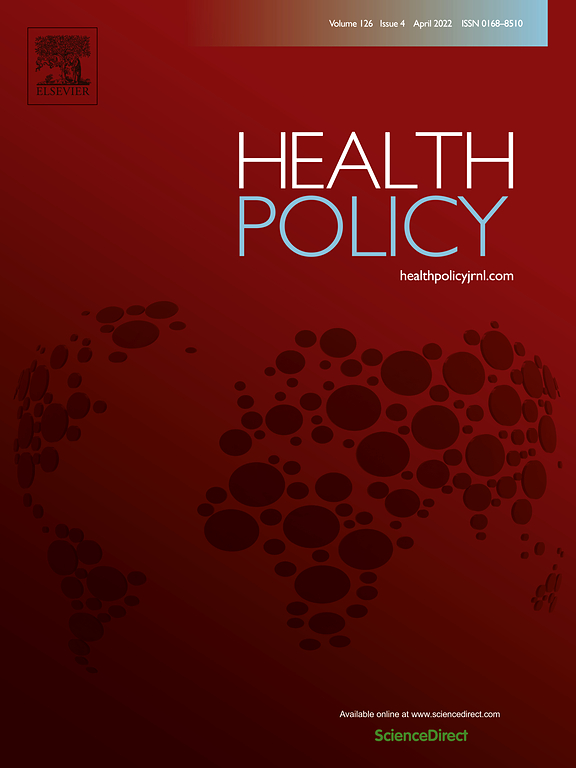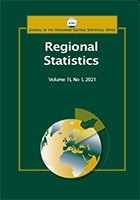Navigating AI-Driven Financial Forecasting: A Systematic Review of Current Status and Critical Research Gaps – new co-authored research article by Tibor Bareith
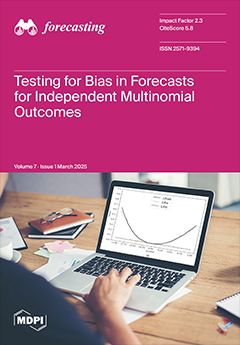
Navigating AI-Driven Financial Forecasting: A Systematic Review of Current Status and Critical Research Gaps László Vancsura, Tibor Tatay and Tibor Bareith Forecasting 2025, 7(3), 36 Published: 14 July 2025 (This article belongs to the Section Forecasting in Computer Science) Abstract This systematic literature review explores the application of artificial intelligence (AI) and machine learning (ML) in […]
How value chains can boost sustainable development in Europe’s mountain regions – By Kirsty Blackstock and Gusztáv Nemes
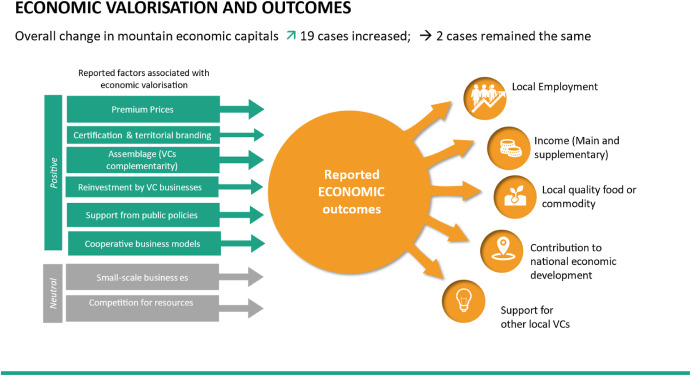
How value chains can support sustainable development in Europe’s mountain regions By Kirsty Blackstock and Gusztáv Nemes Mountain regions in Europe are often framed as remote, underdeveloped, and demographically declining. Yet these same places offer vital resources to society: from biodiversity and water to cultural landscapes, food traditions, and rural livelihoods. In our recent article […]
Immigrant–native pay gap driven by lack of access to high-paying jobs – co-authored study by István Boza published in Nature

Immigrant–native pay gap driven by lack of access to high-paying jobs Are Skeie Hermansen, Andrew Penner, István Boza, Marta M. Elvira, Olivier Godechot, Martin Hällsten, Lasse Folke Henriksen, Feng Hou, Zoltán Lippényi, Trond Petersen, Malte Reichelt, Halil Sabanci, Mirna Safi, Donald Tomaskovic-Devey & Erik Vickstrom Nature – Published: 16 July 2025 Abstract Immigrants to high-income […]
Understanding Syrian Migration in Syria Normalisation, Return and Reintegration – new research article by Erzsébet N. Rózsa and co-authors in Mediterranean Politics
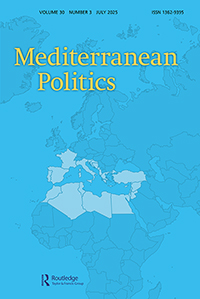
Understanding Syrian Migration in Syria Normalisation, Return and Reintegration: The Case of Internally Displaced People in Post-War Reconstruction in Homs Daniel Solymári – László Csicsmann – Erzsébet N. Rózsa Mediterranean Politics – Published online: 14 Jul 2025 Abstract Syria has once again become a full member of the League of Arab States within the framework of […]
Artificial Intelligence for Agricultural Extension: Supporting Transformative Learning Among Smallholder Farmers – new research article by Gusztáv Nemes and co-authors
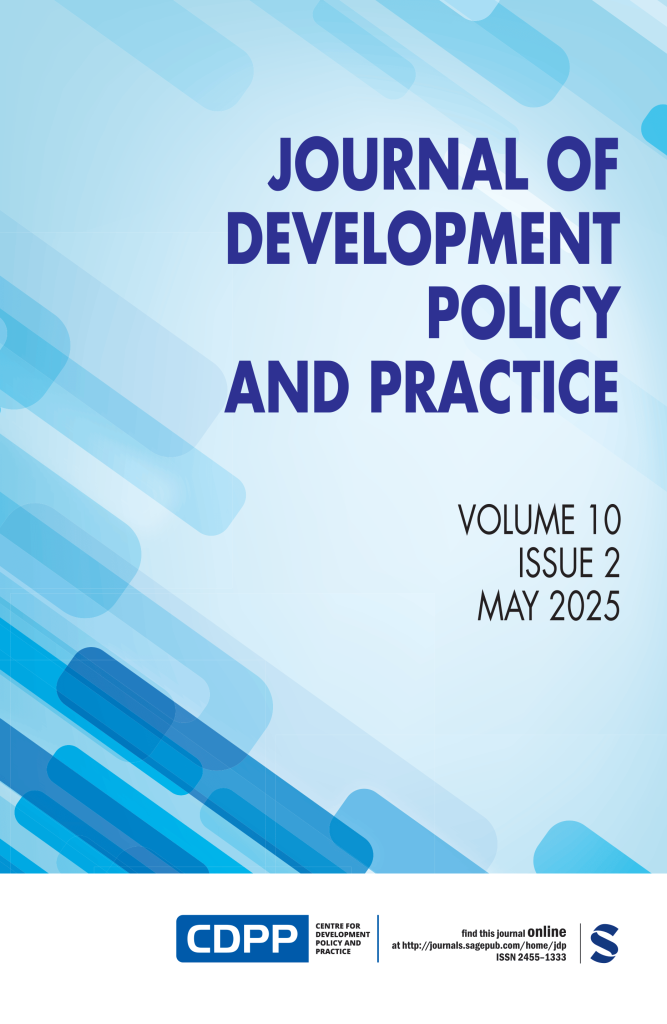
Artificial Intelligence for Agricultural Extension: Supporting Transformative Learning Among Smallholder Farmers Chris High, Namita Singh and Gusztáv Nemes Journal of Development Policy and Practice – First published online July 4, 2025 Abstract Small and marginal farmers face intersecting challenges related to food security, environmental risk and structural disadvantage. Agricultural extension has historically played a […]
Heat, health, and habitats: analyzing the intersecting risks of climate and demographic shifts in Austrian districts – by Johannes Wachs and co-authors

Heat, health, and habitats: analyzing the intersecting risks of climate and demographic shifts in Austrian districts Hannah Schuster, Axel Polleres, Amin Anjomshoaa & Johannes Wachs Scientific Reports, volume 15, article number: 22812 (2025) – Published: 02 July 2025 Abstract The impact of hot weather on health outcomes of a population is mediated by a […]
Remarks on the rural development of the cultural and creative industries in North-Western Hungary – by Petra Kinga Kézai

Remarks on the rural development of the cultural and creative industries in North-Western Hungary – The results of a qualitative focus group research and a case study in the region of Szigetköz, Hungary Petra Kinga Kézai[1] – Szandra Gombos[2] This study investigates the potential of the cultural and creative industries (CCIs) in the rural Szigetköz […]
Demographic Transformation, Eroding Social Capital and Segregation on Outskirt Areas of Hungarian Cities – article by Gábor Vasárus, Ádám Szalai & József Lennert

Demographic Transformation, Eroding Social Capital and Segregation on Outskirt Areas of Hungarian Cities Gábor Vasárus – Ádám Szalai – József Lennert Critical Housing Analysis Volume 12 | Issue 1 | 2025 | 1-11 This paper examines a relatively overlooked aspect of the post-socialist demographic transition in Hungary: the socioeconomic changes and segregation processes […]
Battle of the Batteries: Chinese EV Investments and the Issue of Local Content Requirements – article by Ágnes Szunomár

Battle of the Batteries: Chinese EV Investments and the Issue of Local Content Requirements Ágnes Szunomár June 17, 2025 – China Observers in Central and Eastern Europe (CHOICE) In recent years, Central and Eastern European (CEE) countries – in particular Hungary and Slovakia – have become major recipients of Chinese EV investments. While EV […]
Round-Tripping Foreign Direct Investment: Why It Matters and What Can Be Done – by Magdolna Sass and Imre Fertő
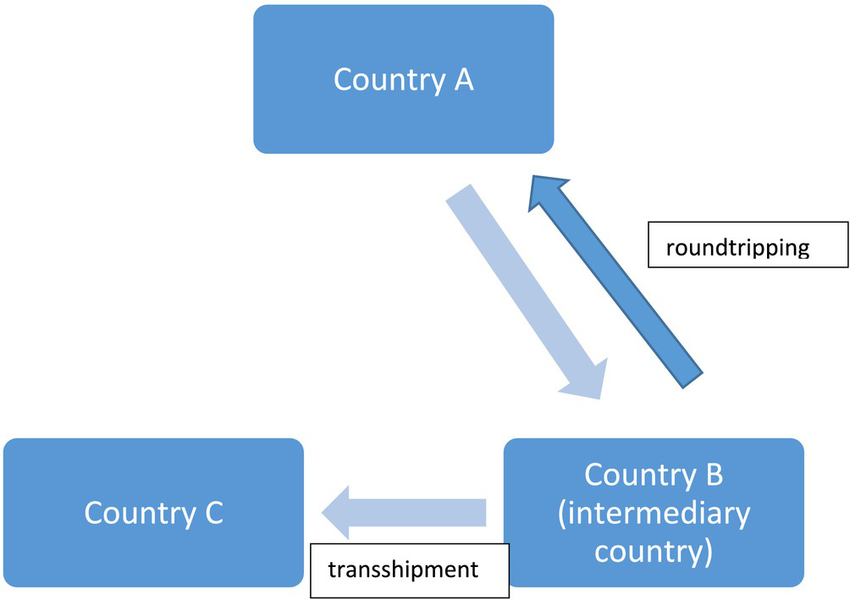
Round-Tripping Foreign Direct Investment: Why It Matters and What Can Be Doneby Magdolna Sass, Imre Fertő In an increasingly interconnected global economy, traditional measures of Foreign Direct Investment (FDI) often fail to capture the full story. One phenomenon that has slipped under the radar of policymakers and researchers alike is “round-tripping” FDI: funds originally […]



